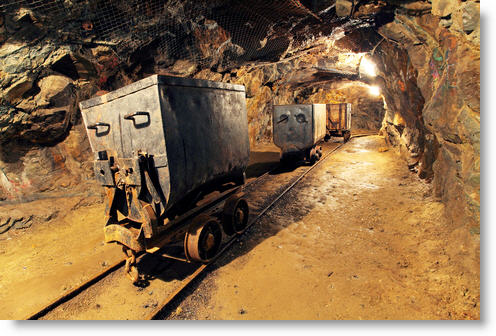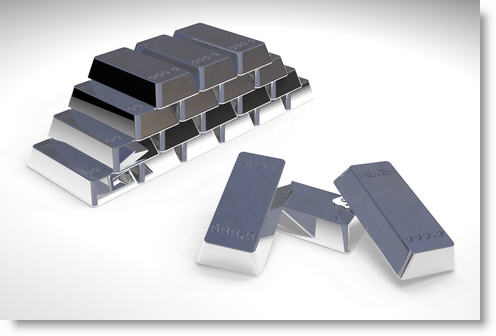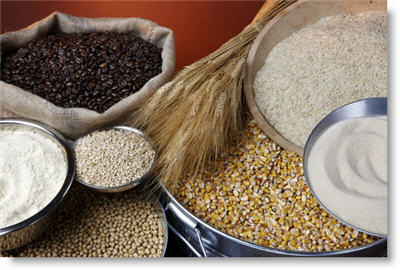
Trading commodities
Trading gold
Commodities such as oil and gold are a popular asset class. They are well established next to bonds, stocks or investment funds. Nevertheless it is not always easy for the active investor to find the right financial instrument to trade a commodity in a cheap and efficient way. Futures and CFD are excellent to invest in commodities.
Gold remains mythical. Since thousands of years it is THE currency for all nations. Especially in times of high Inflation and economic uncertainty gold is seen by investors as a safe haven. One the one hand the gold price displays stable long-term trends, on the other hand the gold price can become very volatile when economic news such as interest rate decisions are released. This makes gold a good trading vehicle for both long-term investors as well as swing traders and daytraders. Several financial instruments are available to trade gold. The most commonly used and efficient ones are a CFD on spot gold and the gold future. The gold future is listed on the Chicago Mercantile Exchange (CME).

Trading silver
Silver is often referred to as gold’s little brother. Besides its use as an ancient currency silver is also used as a metal in industrial production. As such silver prices are not only impacted by the release of economic news such as interest rate decisions but also by news related to industrial production. Similar to gold, silver positions are often used to hedge against inflation. This makes silver an interesting investment product for long-term investors as well as swing traders and daytraders. Several financial instruments are available to trade silver. The most commonly used and efficient ones are a CFD on spot silver and the silver future. The latter is listed on the Chicago Mercantile Exchange (CME).

Trading crude oil
The price of oil is one of the most important indicators in the global economy. With the oil price rising and falling economists can partially deduce the current and future state of the world´s economy and economic growth. OPEC decisions or information about the US crude oil inventories can lead to major moves in the oil price. Contrary to gold and silver, crude oil does not have a spot market to trade. Oil is only traded as a futures contract. The most important futures are the US Crude Oil (West Texas Intermediate, WTI) which is traded on the Chicago Mercantile Exchange (CME) and the UK crude oil (Brent), which is traded on the Intercontinental Exchange (ICE). Traders can trade both varieties of oil via futures or CFDs.

Trading agricultural commodities
Futures on agricultural products are the first futures traded in the history of mankind. Important futures are, for example, coffee, cocoa and wheat. Other commodities such as orange juice, cattle or pork bellies are less important. A lot of these future are still based on physical delivery with a lot of companies and individuals in the market hedging their production or crop. Some commodities have clear long-term trends based on consumption trends, other commodities are more volatile due to, for example, weather changes. This makes agricultural commodities interesting for long-term investors, swing traders and daytraders. Different financial instruments allow active investors to participate in the markets for agricultural products. The most commonly used are futures contracts listed on various exchanges. Alternatively investors can us CFDs on wheat, cocoa, coffee, sugar, etc. to trade on those products.
